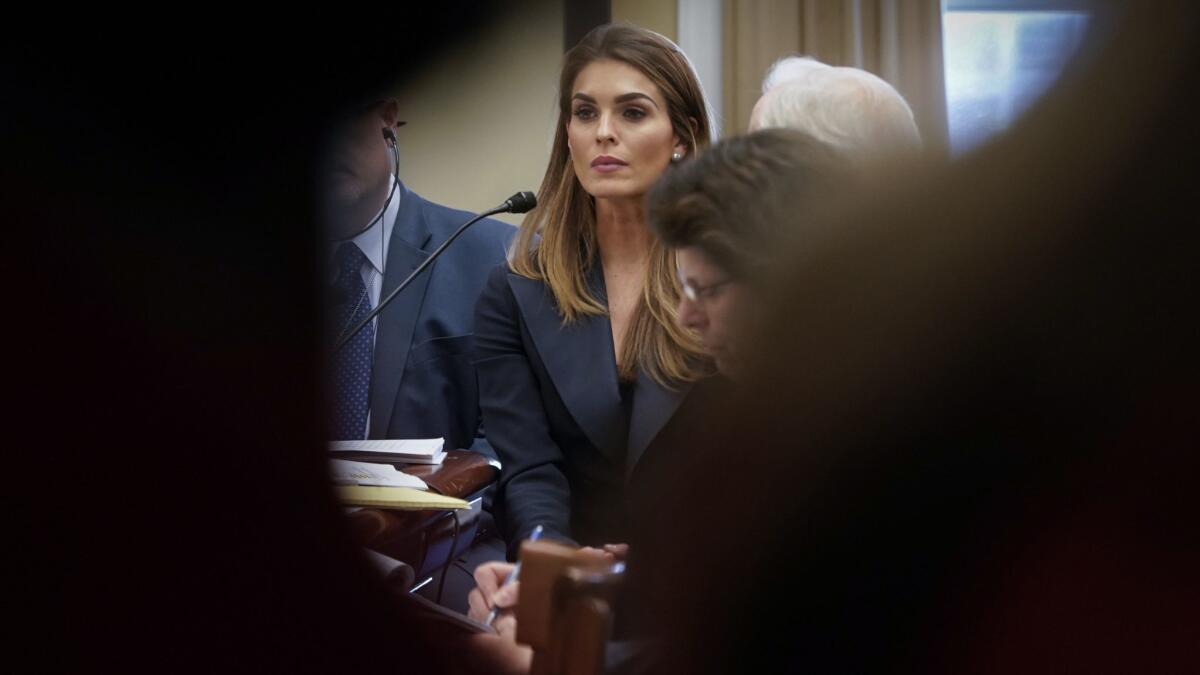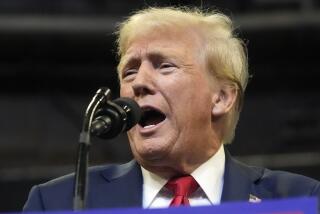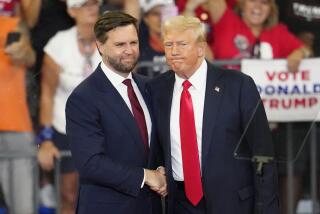Hope Hicks defends use of Democrats’ hacked emails, new transcript shows

Reporting from Washington — Hope Hicks, President Trump’s former communications director, defended the Trump campaign’s use of hacked emails released by Russians during the 2016 presidential race, according to a transcript of her testimony released on Thursday.
“Would you agree that the campaign benefited from the hacked information on Hillary Clinton?” asked Rep. Sheila Jackson Lee (D-Texas) during closed-door testimony on Wednesday.
“This was publicly available information,” said Hicks, who worked on Trump’s campaign before joining the White House.
She added, “I think it allowed the campaign to discuss things that would not otherwise be known but that were true.”
The emails were released as part of Moscow’s covert effort to boost Trump’s candidacy.
Hicks was the first former member of Trump’s inner circle to testify to the Democrat-led House Judiciary Committee. She refused to answer any questions about her work in the White House, frustrating Democrats. They said Trump administration lawyers objected to Hicks answering questions 155 times during her testimony, including basics on where her office was located in the West Wing and whether she was honest with prosecutors during the Russia investigation.
“Did you tell the truth to the special counsel?” Rep. Jerrold Nadler (D-N.Y.), who chairs the House Judiciary Committee, asked Hicks at one point.
“Objection,” responded a White House lawyer, cutting off the questioning.
Nadler has threatened legal action to force Hicks to disclose more.
Hicks was involved in a key episode explored by special counsel Robert S. Mueller III in 2017. As the New York Times prepared a report about a 2016 meeting at Trump Tower involving a Russian lawyer, the president told Hicks to issue a statement claiming the conversation concerned only adoption policies.
However, Donald Trump Jr., the president’s eldest son, had accepted the meeting after being told the Russian lawyer had dirt on Hillary Clinton. Paul Manafort, the campaign chairman, and Jared Kushner, Trump’s son-in-law, also attended.
Mueller considered pursuing charges against Trump Jr., but decided there wasn’t enough evidence to show a conspiracy to violate campaign finance laws by accepting a gift from a foreigner.
Trump has since said he would be willing to accept information from overseas to help his campaign, sparking alarm among Democrats and even some Republicans. He later revised his stance by saying he would report such an overture to the FBI, but not until after reviewing the information.
More to Read
Get the L.A. Times Politics newsletter
Deeply reported insights into legislation, politics and policy from Sacramento, Washington and beyond. In your inbox three times per week.
You may occasionally receive promotional content from the Los Angeles Times.











